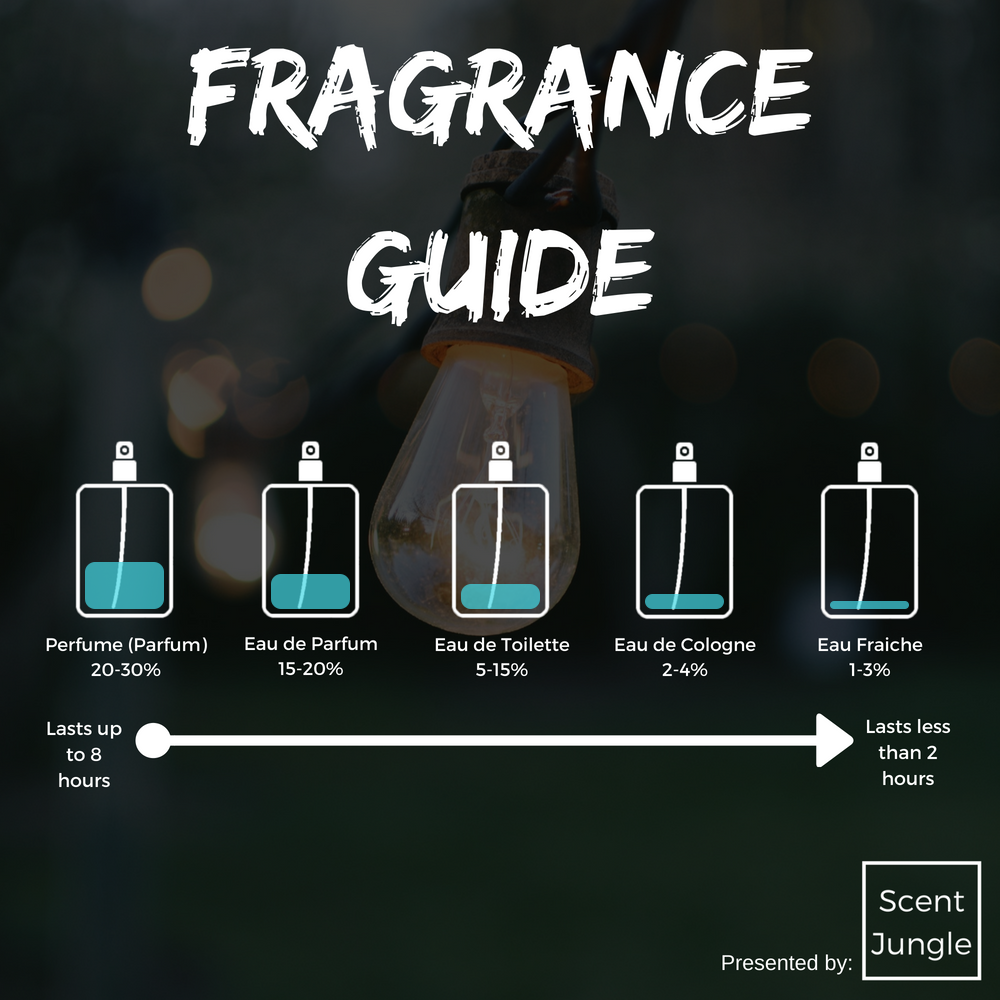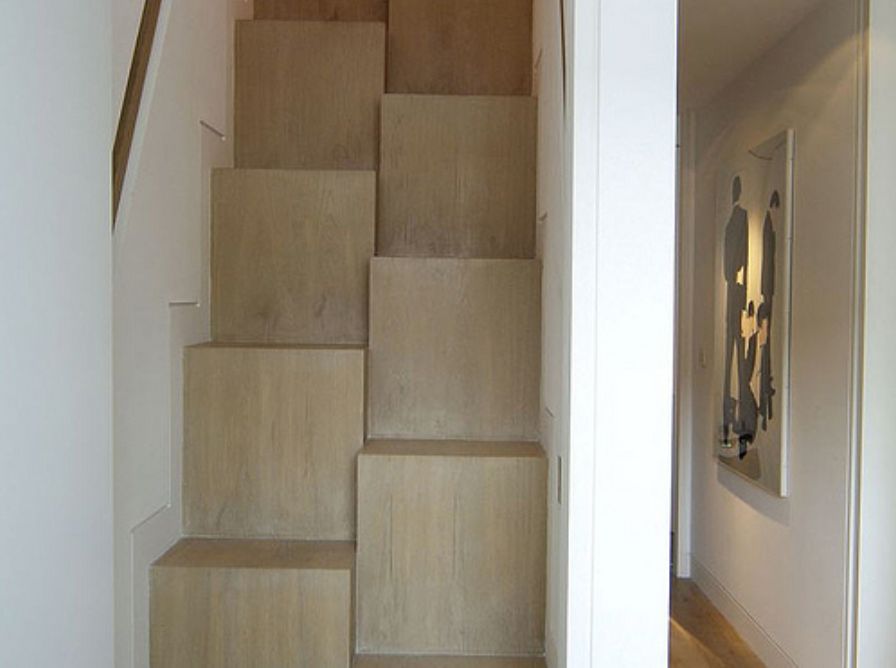introduction to eau de toilette vs parfum
When it comes to fragrances, the choices can be overwhelming. With various types of perfumes available, understanding the distinctions between them is essential for selecting the right scent for your style or occasion. Among these types, eau de toilette and perfume are two of the most popular. This article will dive deep into the characteristics, compositions, longevity, and ideal uses of each to help you make an informed decision about your fragrance choices. eau de toilette vs parfum
Understanding Fragrance Concentration
The concentration of fragrance oils in a product primarily determines the type of scent it is classified as. Understanding this concept is crucial for differentiating between eau de toilette and perfume. eau de toilette vs parfum
What Is Fragrance Concentration?

Fragrance concentration refers to the percentage of aromatic compounds in a fragrance blend. The higher the concentration, the more intense the scent will be. This concentration affects how long a fragrance lasts on the skin and how strongly it projects into the air. eau de toilette vs parfum
- Parfum: Typically contains 20% to 30% fragrance oil, making it the most concentrated and longest-lasting form of fragrance available. Because of its high concentration, parfum tends to project well and leaves a lingering scent.
- Eau de Toilette: Generally contains 5% to 15% fragrance oil. While it is less concentrated than parfum, it still provides a robust scent that can last for several hours. Eau de toilette often offers a lighter fragrance experience, making it ideal for everyday wear. eau de toilette vs parfum
Why Concentration Matters
Choosing a fragrance based on concentration can significantly affect your experience. A higher concentration means you’ll enjoy a more intense scent that lasts longer, but it may also come with a heavier feel that some might find overwhelming for daily use. Conversely, a lighter scent can feel refreshing but may require reapplication throughout the day. eau de toilette vs parfum
In essence, understanding fragrance concentration allows you to tailor your scent selection to fit your lifestyle and personal preferences. eau de toilette vs parfum
Eau de Toilette: A Breath of Freshness
Eau de toilette is often favored for its lightness and versatility. It offers a delightful balance between scent strength and freshness, making it suitable for various occasions. eau de toilette vs parfum
Composition and Scent Profile
Eau de toilette usually consists of a mixture of essential oils, alcohol, and water. The composition leads to a lighter, more refreshing scent profile, often featuring floral, citrus, or herbal notes. eau de toilette vs parfum
- Freshness: The lighter nature of eau de toilette allows for a breezy and uplifting experience. You might find invigorating notes like bergamot, lemon, or green tea, which can be energizing and perfect for daytime wear.
- Layering Opportunities: Because of its subtler scent, eau de toilette works well for layering with other products, such as body lotions or shower gels. This versatility allows you to create a more personalized fragrance experience. eau de toilette vs parfum
Ideal Use Cases
Eau de toilette is perfect for casual outings, daily wear, and warm weather. Its lightness makes it suitable for office environments, running errands, or spending a day outdoors. You might also consider it for activities like:
- Work: The refreshing notes can help you feel energized and alert throughout your day.
- Casual Gatherings: Whether it’s brunch with friends or a day at the park, eau de toilette adds a pleasant touch without being overpowering.
- Layering with Other Scents: If you enjoy experimenting with scents, eau de toilette can serve as a great base for layering with other fragrances.
In short, eau de toilette provides a delightful balance of lightness and fragrance that suits a variety of situations.
Parfum: The Essence of Luxury
Parfum, often regarded as the most luxurious fragrance type, is known for its richness and intensity. Its unique qualities make it a popular choice for special occasions or evening wear.
Composition and Scent Profile
Parfum consists of a higher concentration of fragrance oils, typically ranging from 20% to 30%. This results in a deep, rich scent that is often complex and multi-dimensional.
- Richness and Depth: Parfum tends to feature bold, layered notes, allowing for a more profound sensory experience. You might encounter deep florals, warm spices, and rich woods, which evolve beautifully over time.
- Longevity: Due to its high concentration, parfum can last anywhere from 6 to 12 hours or more, depending on skin chemistry and environmental factors. eau de toilette vs parfum
Ideal Use Cases
Parfum is best suited for evening wear, special occasions, or moments when you want to leave a lasting impression. Here are some scenarios where parfum shines:
- Formal Events: Whether it’s a wedding, gala, or fancy dinner, parfum adds an air of sophistication to your presence.
- Date Nights: The intensity of parfum can create a captivating aura that draws people in, making it an excellent choice for romantic outings.
- Evening Wear: When transitioning from day to night, a spritz of parfum can enhance your overall aura, adding a touch of luxury to your evening. eau de toilette vs parfum
In conclusion, parfum embodies richness and depth, making it an excellent choice for those seeking a luxurious fragrance experience.
Comparing Longevity and Sillage
Longevity and sillage are two critical factors to consider when choosing between eau de toilette and parfum.
What Is Longevity?
Longevity refers to how long a fragrance lasts on your skin after application. eau de toilette vs parfum
- Eau de Toilette: Typically lasts around 3 to 5 hours, depending on factors like skin type, temperature, and humidity. Reapplication may be necessary throughout the day to maintain the scent.
- Parfum: Can last from 6 to 12 hours or more, making it an excellent choice for those who want a fragrance that endures throughout the day or night without frequent touch-ups.
Understanding Sillage
Sillage is the trail of scent left behind by a fragrance, which can affect how others perceive it. eau de toilette vs parfum
- Eau de Toilette: Offers a softer sillage, making it a more intimate scent that is close to the skin. This makes it ideal for settings where you don’t want to overwhelm others with your fragrance.
- Parfum: Has a more robust sillage, allowing the scent to project further away from the wearer. This quality can create a captivating presence that lingers in the air long after you’ve passed by. eau de toilette vs parfum
When deciding between eau de toilette and parfum, consider both longevity and sillage. If you prefer a scent that lasts longer and leaves a more significant impression, parfum might be your go-to choice. Conversely, if you enjoy a lighter fragrance that feels close and personal, eau de toilette could be more appealing.
Seasonal Considerations
Choosing the right fragrance often depends on the season. Both eau de toilette and parfum have their ideal times to shine.
Spring and Summer
In warmer months, lighter fragrances tend to be more appealing.
- Eau de Toilette: Its refreshing nature makes it perfect for spring and summer. Bright notes like citrus and florals can uplift your spirits and complement the season’s vibrancy.
- Parfum: While some may prefer lighter scents in warm weather, a carefully selected parfum can still work well. Look for those with fresh or aquatic notes that won’t feel too heavy.
Fall and Winter
As the temperature drops, people often gravitate toward richer, warmer scents.
- Eau de Toilette: It can still be a great choice during fall, especially if it features notes like spices or warm florals. However, many people prefer a more robust scent during the colder months.
- Parfum: The depth and warmth of parfum are ideal for fall and winter. Rich, spicy, and woody fragrances can create a comforting presence, perfect for cozy evenings and festive occasions.
Understanding how seasons influence fragrance choices can help you select scents that resonate with the atmosphere and your personal style.
Personal Preferences and Skin Chemistry
Everyone’s skin chemistry is unique, which can significantly influence how a fragrance develops and lasts.
The Role of Skin Chemistry
Factors such as skin type, diet, and even hormonal fluctuations can affect how a scent interacts with your skin.
- Eau de Toilette: Since it has a lighter concentration, eau de toilette might work well for those with oilier skin types, as the natural oils can help the scent last longer.
- Parfum: The higher concentration of parfum allows it to be more forgiving on different skin types, making it ideal for those with drier skin, as it may not dissipate as quickly.
Testing Fragrances
To find the perfect scent, it’s essential to test how each fragrance interacts with your body chemistry.
- Skin Test: Always apply the fragrance to your skin, preferably on pulse points like the wrist or neck. Allow it to settle for a few hours to experience its true scent profile.
- Environment Matters: Consider testing fragrances in different environments, as humidity and temperature can also influence how a fragrance develops throughout the day.
By understanding your skin chemistry and taking the time to test fragrances, you can find scents that enhance your natural aroma and complement your personal style.
Budget Considerations
Fragrance can be a significant investment, and understanding your budget can help narrow down your choices.
Price Range for Eau de Toilette and Parfum
- Eau de Toilette: Generally, eau de toilette tends to be more budget-friendly compared to parfum. Prices can vary widely based on the brand and composition, but they are often more accessible for everyday wear.
- Parfum: Due to the higher concentration of fragrance oils, parfum tends to come with a steeper price tag. However, its longevity and richness may justify the cost for those seeking a luxurious experience. eau de toilette vs parfum
Finding Quality Scents at Different Price Points
- Luxury Brands: If you’re inclined to invest in high-end fragrances, many luxury brands offer exquisite parfum options.
- Affordable Choices: Many reputable brands also create quality eau eau de toilette vs parfum

